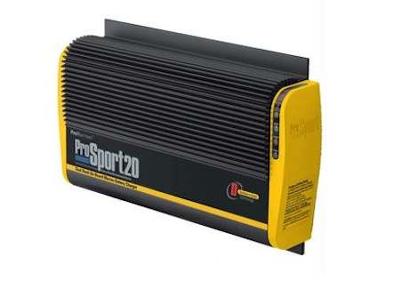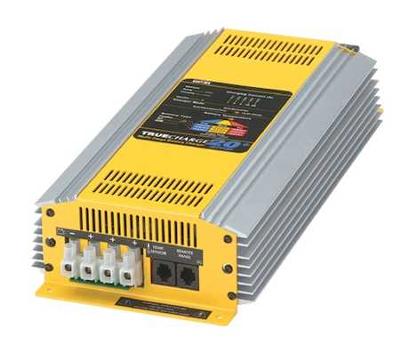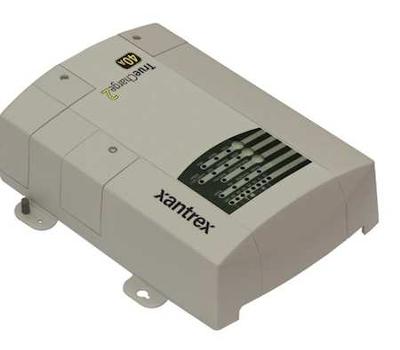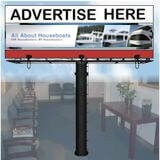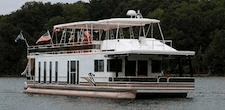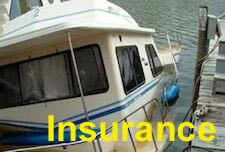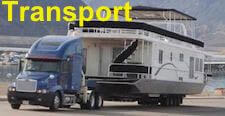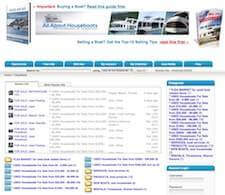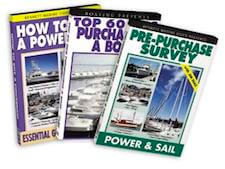Grab your free gift, our online Houseboat Magazine, when you sign up!

Houseboat Battery Chargers Guide - charging batteries properly on boats
by IAN from www.all-about-houseboats.com
(Houseboat battery charger guide for boat batteries)
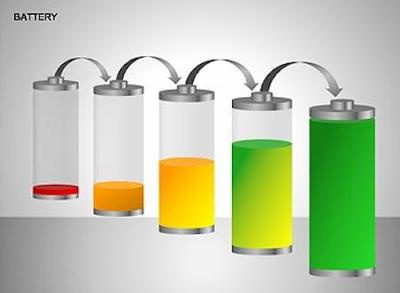
Battery Chargers - properly charging houseboat batteries
When it comes to battery chargers for your houseboat, there are some basic characteristics that you need to keep in mind to properly charge your marine batteries. To put it simply, a good quality marine battery charger will pay for itself in no time.
The Houseboat Battery Charger guide will help boaters of all kinds to identify, evaluate, and choose the right battery charger for the boats electrical charging needs and demands.
NOTE:
Before we begin, please don't compare standard inexpensive automotive chargers with the higher quality and safer marine multi-stage chargers. The current amperage needs of a houseboat are in no way comparative to a modern automobile.
Common Boat Battery Types and Sizes:
The common marine battery lingo that you will hear relates to the actual battery sizes and composition. You will hear terms like Group 24, 27, 31, and also the larger 4D or 8D sizes. The Group 24-27-31 batteries are very similar in size to the ones you find in your car.
You will also hear terms for the battery composition such as the popular and very common lead-acid or flooded batteries, and terms like spill proof AGM (absorbed glass mat).
Starting or Deep-Cycle Batteries?
You will hear terms like deep-cycle, starting, and dual-purpose styles battery types. Deep-cycle batteries are designed to provide lower current discharge but for longer periods of time which is useful to power the lights and accessories on your boat.
Starting battery types are designed to provide high current discharge for shorter periods of time, like for starting your engines. Dual-Purpose batteries are a trade-off and are designed to provide an adequate combination of both. The verdict is still out whether this is marketing hype or a reality.
Marine Battery Chargers:
The newer technology marine battery chargers are often whats called as 3 or 4 stage chargers. The stages represent the amount of current/voltage that the "brain" of the charger senses and provides in charging capacity.
The actual charging stages are often called the bulk, acceptance, float, and equalization or maintenance phase. These different stages are what is important to properly charge and maintain marine batteries for a long life. Long life means less battery problems and less battery replacement and expense.
Some of the popular marine chargers are listed as 10, 20, 40 amp/hour battery chargers. The more batteries on board, the larger the charger capacity needed to properly bring the battery levels back up to fully charged capacity.
What Size
Charger Do I Need?
You ideally want a charging system that can bring or replenish your batteries, or your battery banks to @ 85% of their capacities in the short time period.
The are hundreds of articles on the internet to help you discuss what size charger you need, but if you are pressed for time, you can use the minimum basic guide below to get you started if you are using typical Group 24, 27, or 31 size marine batteries.
* 1 battery (group 24, 27, 31): use a 10 amp/hr battery charger
* 2 batteries (group 24, 27, 31): use a 20 amp/hr battery charger
* 3 batteries (group 24, 27, 31): use a 40 amp/hr battery charger
Tips for Marine Chargers and Boat Batteries
Here are some simple tips to help you achieve long-life out of your charging system and extend the life of your battery bank.
* don't under or over-charge your boat batteries.
* do a spring and fall battery water level check.
* don't drain your batteries below 50% capacity.
* don't combine old and new batteries together.
* don't leave batteries discharged for long periods.
* use deep-cycle batteries for lighting accessory needs.
* do preventative maintenance on connectors terminals.
Where to Buy Marine Battery Chargers:
If you are looking to buy a new unit or looking to upgrade your existing battery charger, you will definitely enjoy the selection and the prices found at West Marine
 increase sales and profits with targeted traffic? Act now to get our 1/2 price sale, limited offer |
Lastly, hopefully some of our readers and visitors will share and post comments about their own houseboat battery charger experiences.
Feel free to use the "Click here to post comments." link found near the bottom of this page.
Thanks again for sharing, IAN from all-about-houseboats
More Information on Battery Chargers?
Houseboat Battery Maintenance Tips - make marine boat batteries last longer
Tips on Charging Houseboat Batteries - How to keep the Battery Bank Charged
Houseboat Battery Banks - What Type of Batteries, Chargers, How to Install
Free Bonus Offer |
Comments for Houseboat Battery Chargers Guide - charging batteries properly on boats
|
||
|
||
|
||
|
||
